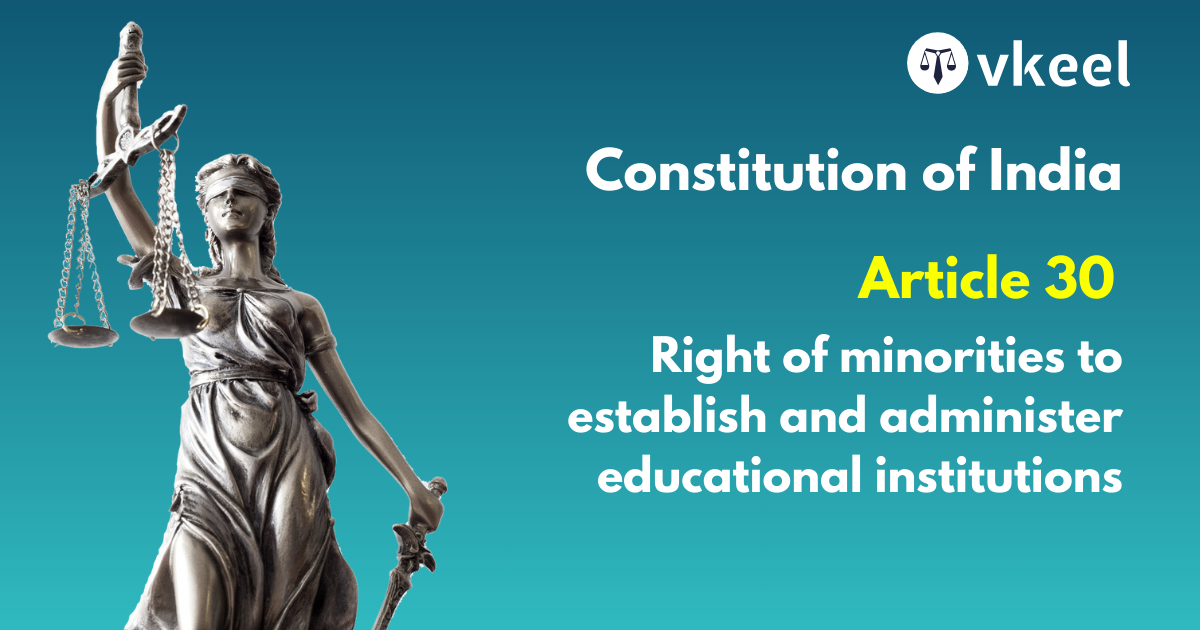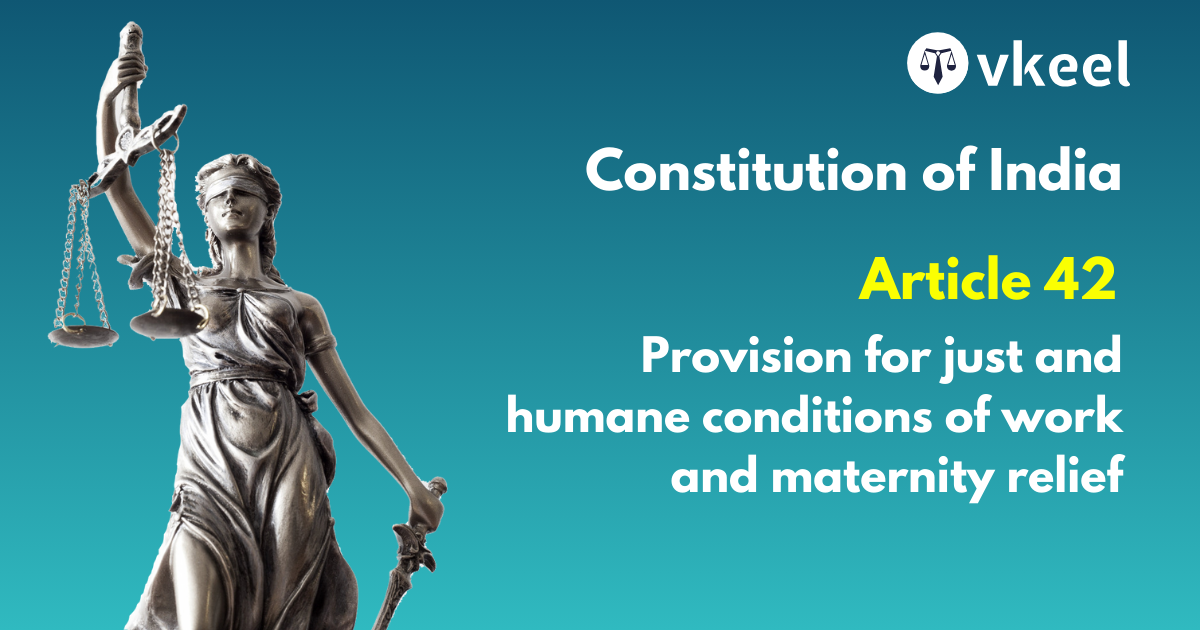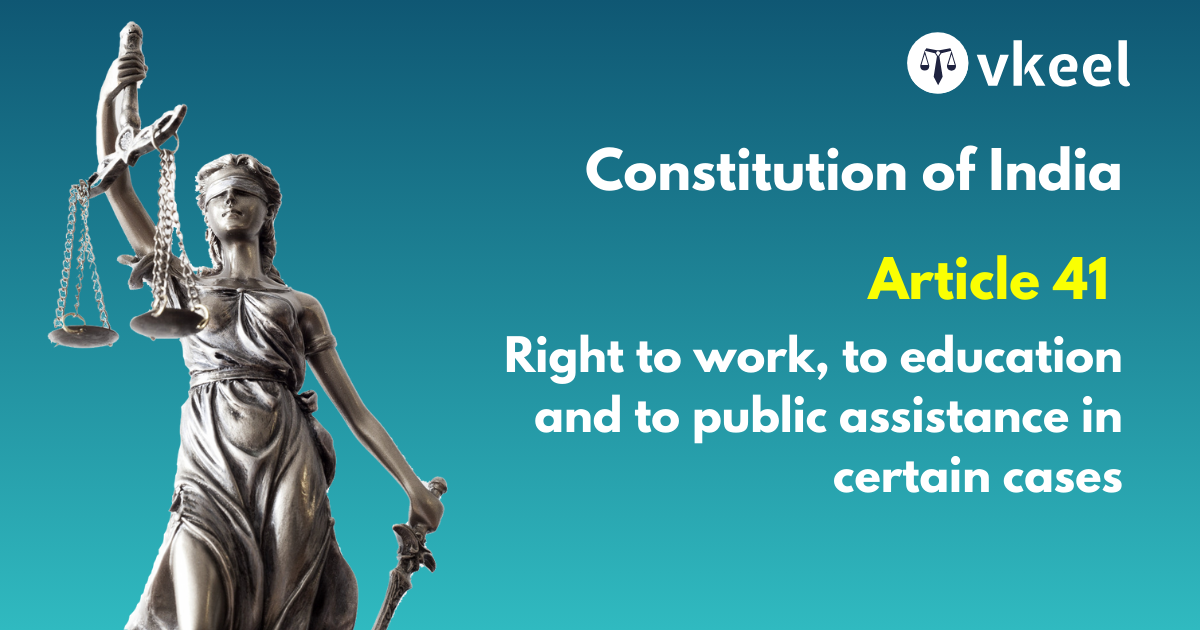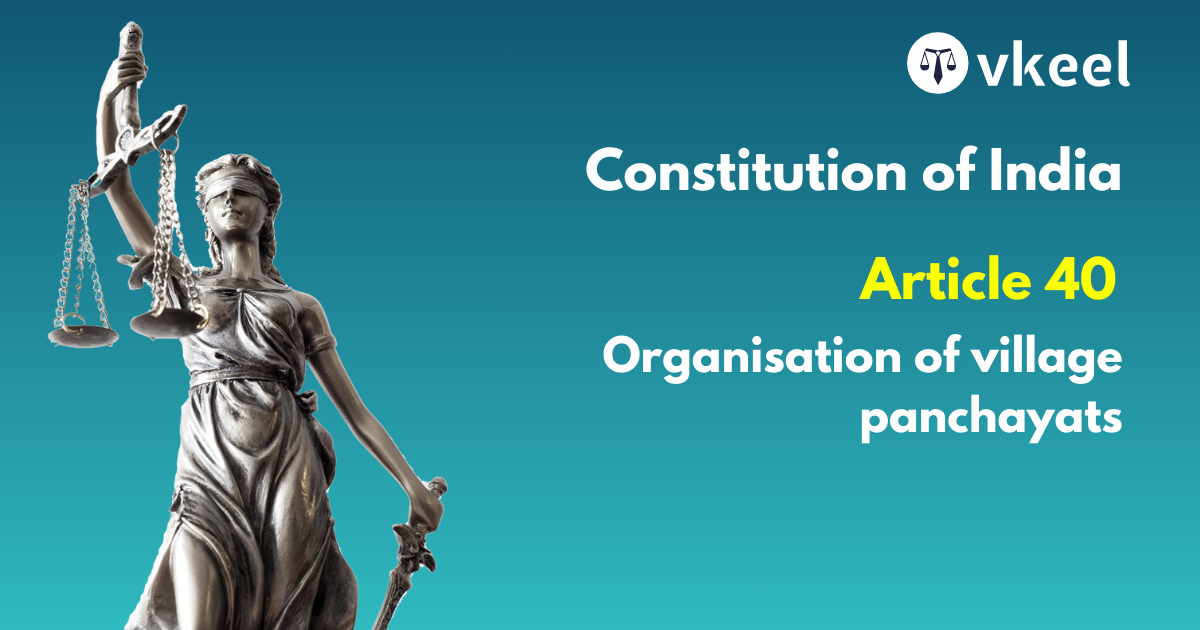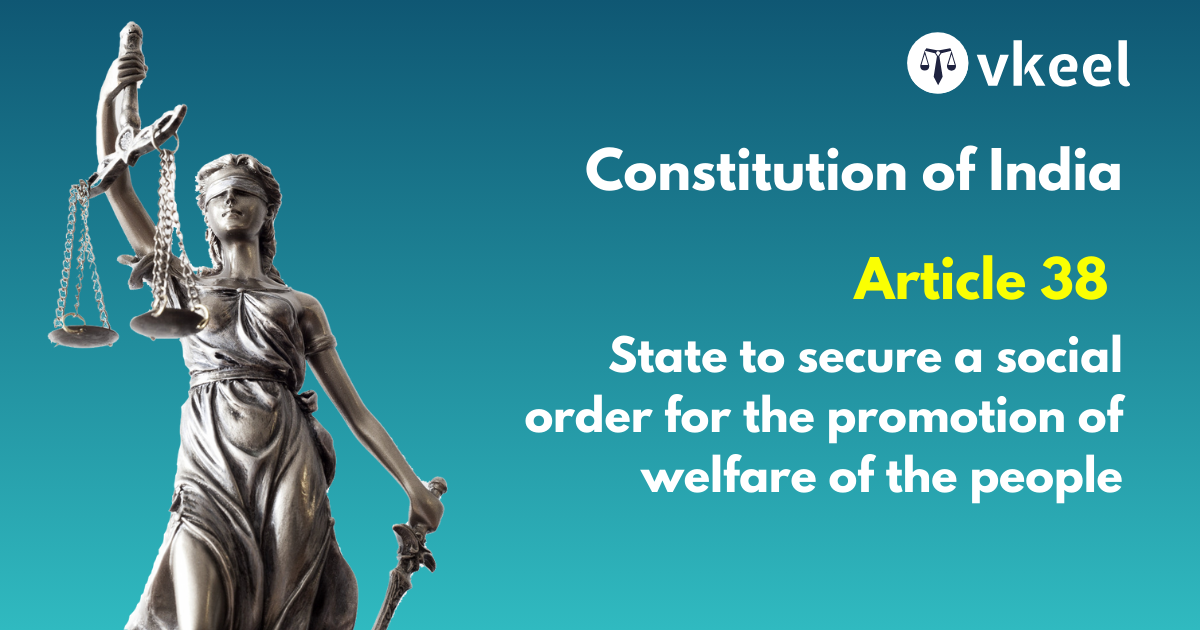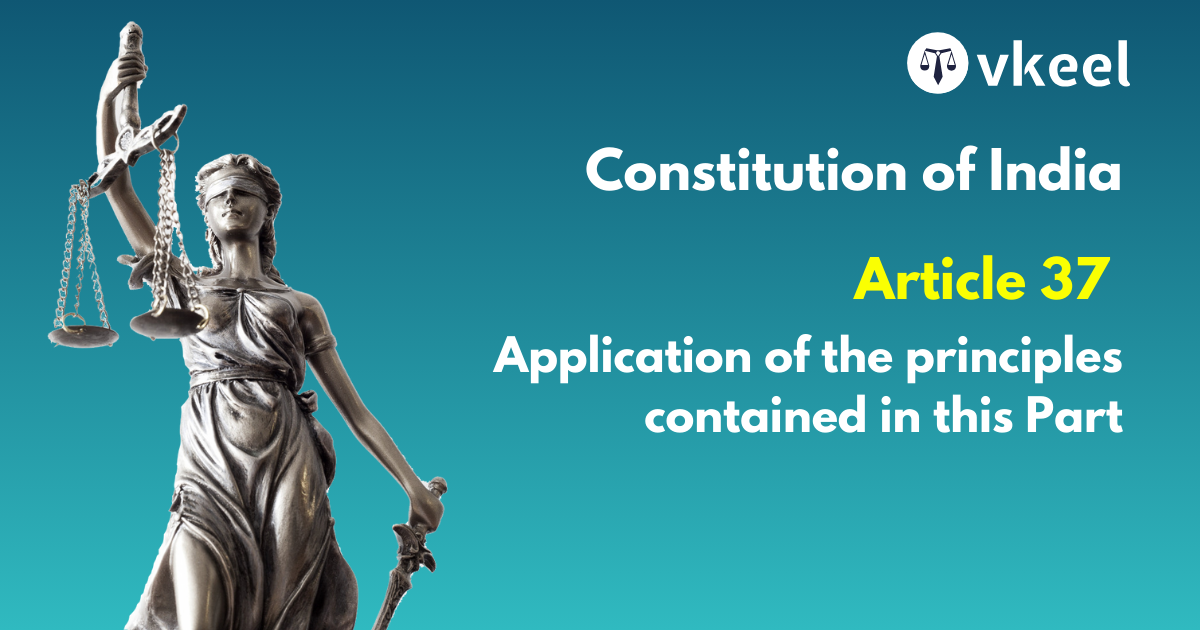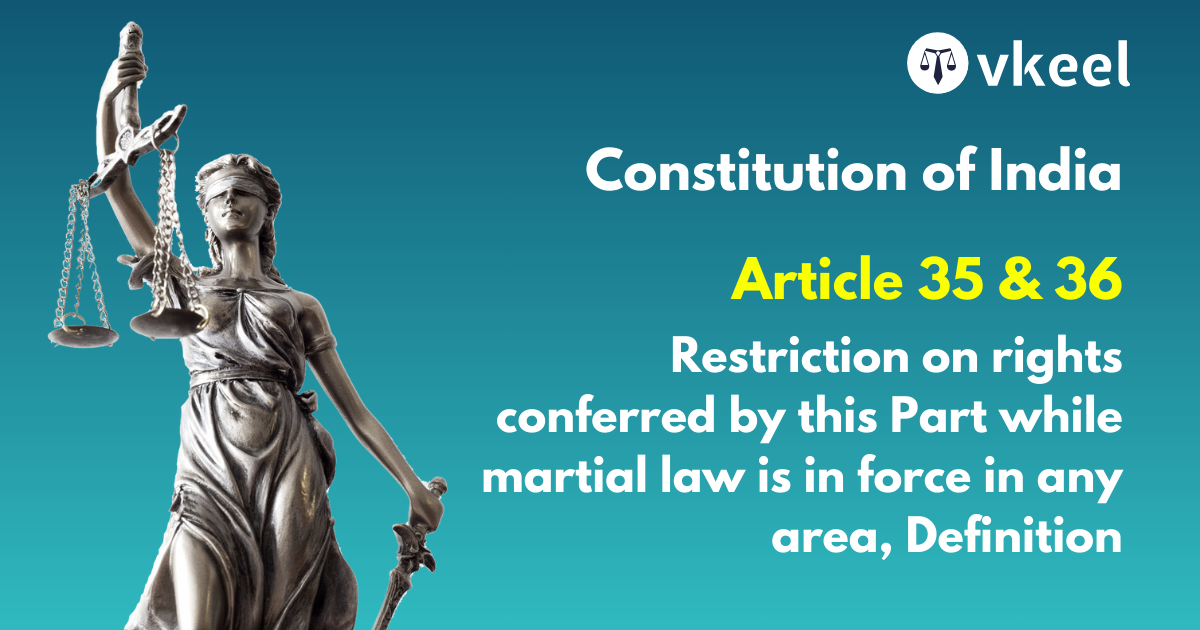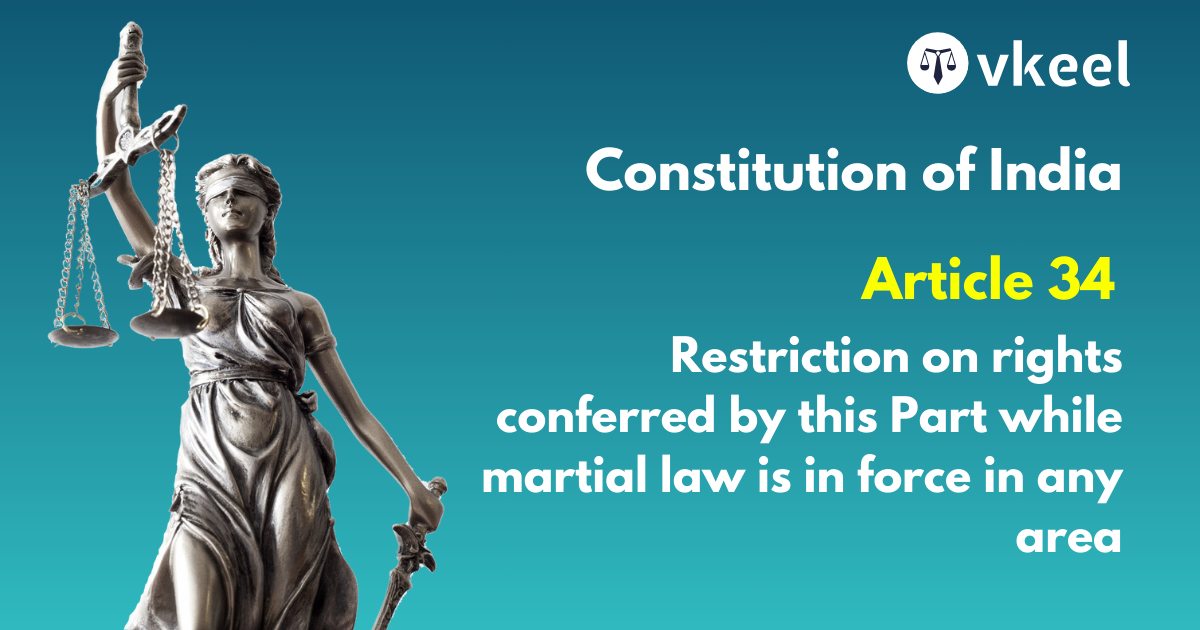Article 30 of the Constitution of India
By Joy Puri
Introduction
The Constitution (Forty-fourth Amendment) Act 1978 abolished the right to property as a fundamental right by omitting articles 31 and 19(1)(f) from Part III of the Constitution.
Furthermore, the Forty-fourth Amendment Act vide its section 4 inserted in article 30 the new clause (1A) w.e.f. 20 June, 1979. The clause became necessary to protect the right of minorities and in order to continue to have the right to establish and administer educational institutions of their choice as guaranteed by article 30 of the Constitution of India.
Article 30 of the Constitution of India
Right of minorities to establish and administer educational institutions
(1) All minorities, whether based on religion or language, shall have the right to establish and administer educational institutions of their choice.
(1A) In making any law providing for the compulsory acquisition of any property of an educational institution established and administered by a minority, referred to in clause (1), the State shall ensure that the amount fixed by or determined under such law for the acquisition of such property is such as would not restrict or abrogate the right guaranteed under that clause.
(2) The state shall not, in granting aid to educational institutions, discriminate against any educational institution on the ground that it is under the management of a minority, whether based on religion or language.
Landmark Case Laws
St. Xavier’s College Society, Ahmedabad v. State of Gujarat, AIR 1974 SC 1389
The scope of article 30 rests on the fact that the right to establish and administer educational institutions of their choice is guaranteed only to linguistic or religious minorities, and no other section of citizens has such a right. Further article 30(1) gives the right to linguistic minorities irrespective of their religion. It is, therefore, not at all possible to exclude secular education fro from article 30.
Sindhi Education Society v. Chief Secretary, Govt. of NCT of Delhi, (2010) 8 SCC 49
The Government does not enjoy identical control over the management of the schools belonging to the minority and/or majority schools. In view of the ground reality and amendment in law, article 30(2) provides a definite protection to the minority institutions that they would not be discriminated against in providing grant-in-aid. The logical impact of article 30(2) read with the provisions of the Delhi School Education Act, 1973 and the Rules framed thereunder is that, to receive grant- in-aid is legitimate right of a school subject to satisfying the requirements of law. Article 30(2) thus, has been worded in a negative language not permitting the State to discriminate the minority institution in relation to the matters of grant in-aid.
Islamic Academy of Education Vs State of Karnataka, AIR 2003 SC 3724
Non-minority educational institutions do not have the protection of article 30. Thus, in certain matters they cannot and do not stand on similar footing as minority educational institutions. Even though the principle behind article 30 is to ensure that the minorities are protected and are given an equal treatment yet the special right given under article 30 does give them certain advantages. Just to take a few examples, the Government may decide to nationalise education. In that case it may be enacted that private educational institutions will not be permitted. Non-minority educational institutions may become bound by such an enactment. However, the right given under article 30 to minorities cannot be done away with and the minorities will still have a fundamental right to establish and administer educational institutions of their choice. Similarly even though the government may have a right to take over management of a non-minority educational institution the management of a minority educational institution cannot be taken over because of the protection given under article 30. Of course it does not mean that even in national interest a minority institute cannot be closed down. Further, minority educational institutions have preferential right to admit students of their own community/language. No such rights exist so far as non-minority educational institutions are concerned.
Manager, St. Thomas Upper Primacy School, Kerala v. Commissioner and Secretary to General Education Department, AIR 2002 SC 756
The words ‘establish’ and ‘administer’ in article 30 must be read conjunctively so that minorities will have the right to administer educational institutions of their choice provided they have established it.5 Under article 30(1), the right to establish an institution would include a case where a single philanthropic individual with his own means founds the institution and such an institution could be treated as a minority institution.
S. Azeez Basha v. Union of India, AIR 1968 SC 662
The article clearly shows that the minority will have the right to administer educational institutions of their choice provided they had established them, but not otherwise. The article cannot be read to mean that even if the educational institution had been established by somebody else, any religious minority would have the right to administer it because, for some reason or other, it might have been administering it before the Constitution came into force.
PA. Inamdar v. State of Maharashtra, (2005) 6 SCC 537
The minorities being numerically less qua non-minorities, may not be able to protect their religion or language and such cultural values. Their educational institutions will be protected under article 30, at the stage of law making However. merely because article 30 (1) has been enacted, minority educational institutions do not become immune from the operation of regulatory measures because the right to administer does not include the right to mal-administer. The real purpose sought to be achieved by article 30 is to give the minorities some additional protection. Committees for monitoring admission procedure and determining fee structure are permissible as regulatory measures aimed at protecting the interest of the student community as a whole as also the minorities themselves, in maintaining the required standards of professional education on non-exploitative terms in their institutions Legal provisions made by the State Legislatures and fee fixation do not violate the right of minorities under article 30(1) or the right of minorities and non-minorities under article 19(1)(g). They are reasonable restrictions in the interest of minority institutions permissible under article 30(1) and in the interest of general public under article 19(6) of the Constitution.
Conclusion
To conclude to the Article 30 of the Constitution of India, it thereby allows the minorities to set up and run their own schools and colleges to preserve their culture and language.
Thereafter, the Article 30 of the Constitution of India helps protect the rights of religious and language-based minority groups.
Disclaimer:
The information provided in the article is for general informational purposes only, and is not intended to constitute legal advice or to be relied upon as a substitute for legal advice. Furthermore, any information contained in the article is not guaranteed to be current, complete or accurate. If you require legal advice or representation, you should contact an attorney or law firm directly. We are not responsible for any damages resulting from any reliance on the content of this website.

